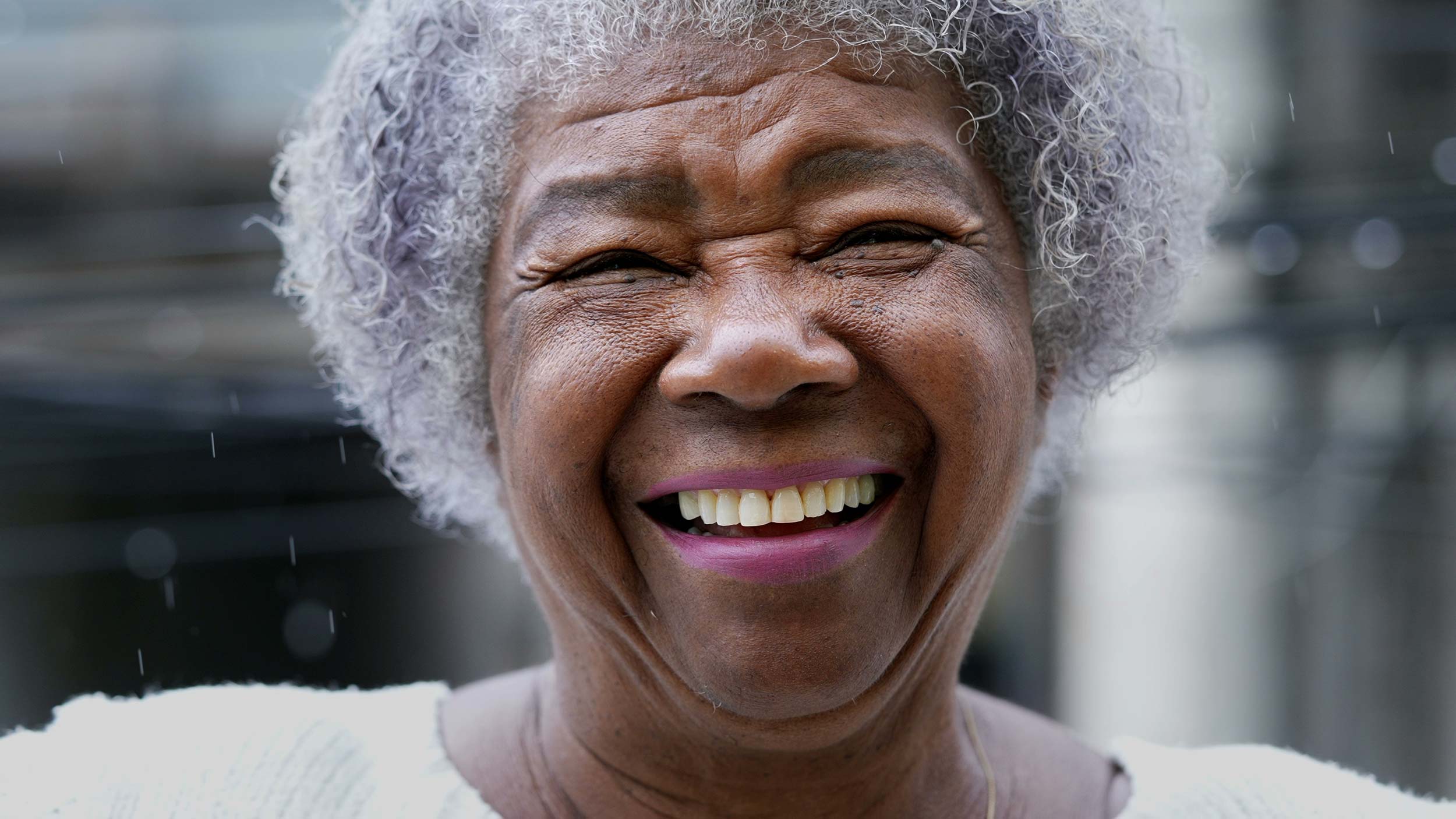It’s said that a smile can light up a room, but did you know certain circuits in your brain also “light up” when you grin? As it turns out, there’s an intriguing relationship between the expression on your face and the mood you’re experiencing—one that, to some degree, can be “hacked” to help elevate your mental state on demand. Keep reading to learn more.
Two-way street
Our intuitive understanding of the mind-body connection is not always correct. Many presume that body language is decided by the mind’s emotional state—our faces smiling on cue whenever we feel good; our chests puffing up whenever we feel proud. A pool of ever-growing research, however, suggests there’s more at play to this dynamic than the body being puppeteered by subconscious mental mechanisms.
Instead, research suggests that our conscious minds can sway our subconscious moods by forcing our bodies to take on certain postures and expressions. A smile is the most straightforward example.
Fake it ‘til you make it
A study conducted in 2020 showed that a smile can have positive effects on the mood of the person smiling—even when the grin in question isn’t really genuine. The secret lies in a part of your brain called the amygdala, which is responsible for processing and regulating your emotions. The muscles in your face that you activate to smile also nudge your amygdala into lifting your mood. Granted, it’s likely not enough of a nudge to override clinical depression, tragedy or strongly felt emotions—but it could potentially make an impact when experiencing less extreme moods or feelings.
A happy, healthy life hack
The amygdala-smile-response mechanism means that you essentially have a mood-lifting life hack available at your fingertips on demand. Whenever you’re feeling a little blue, simply force yourself to hold a smile for ten seconds. While you do so, try to think of a memory or thought that you associate with happiness. You may be surprised with how much better you feel afterwards.
And if you find that’s effective, why not make it into a habit? Smile at yourself in the mirror every morning before you leave your home. Compliment yourself, remember a moment of kindness that someone shared with you, or think of somebody that you love such as a parent or longtime friend. Over time, you may find yourself surprised with how much better you feel on a regular basis.
If you’re ever having trouble smiling–even just for the methods described in this article–Valley Oaks Health has a staff of accredited experts waiting to lend a helping hand. See the services we offer for our clients at valleyoakshealth.org/services.






